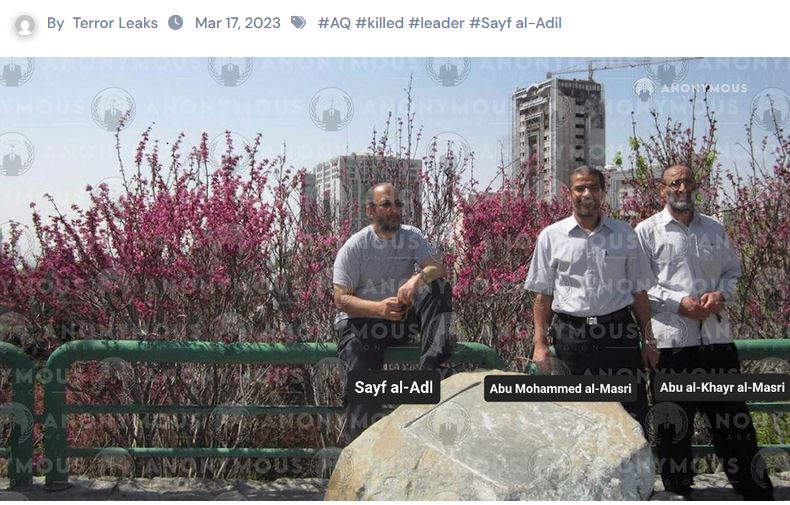The complex and ever-evolving landscape of the Yemeni conflict has given rise to a surprising and ideological contradictory alliance between al-Qaeda in the Arabian Peninsula (AQAP) and the Houthi movement. Historically, AQAP, a militant salafi group has viewed the majority Zaidi Shia Houthis as heretics, adhering to a strict interpretation that highlights the importance of “al-wala’ w al-bara” (loyalty and disavowal). The principal which is central to AQAP ideology, demands loyalty to Muslims and disavowal of non-Muslims or those considered heretics, making their cooperation with the Shia Houthis a significant departure from their original religious stance.
Change of focus
It seems they have put aside their animosity towards each other, AQAP shifting it’s target in the directions of the Southern Transitional Council and western backed forces in Yemen. This strategic change has also led to an increase in the involvement in illicit activities, smuggling, contract killing and facilitation of illicit goods. By offering a range of services, including defending and escorting high-value shipments, AQAP developed an illegal network that likely influenced the Houthi’s decision to cooperate with them.
The Houthis, whose primary goal is to develop their unmanned vehicle and missile programmed, have found a convenient partner in AQAP, providing them with access to funding, supply chains and expertise. This alliance has also enabled the Houthis to interact with Horn of Africa-based militant groups like al-Shabaab, AQAP playing the role of facilitator in the smuggling of materials and human trafficking. The cooperation between AQAP and the Houthis has resulted in a symbiotic relationship involving AQAP, al-Shabaab, the Houthis/Horn of Africa-based smugglers leading to increased revenue, access to illicit goods and greater political leverage for all parties involved.

However, this cooperation raises significant questions about the religious and ideological implications of such an alliance. By working with the Shia Houthis, AQAP is abandoning its ideology, pivoting towards a pragmatic and opportunist nature. Essentially a betrayal of its core principals set out by the AQ leadership.
The lover’s tryst
This is not the first time however. AQAP and other AQ affiliates have made a similar adjustment to their religious stance when attempting to utilize the Gaza war to strengthen their cause. See “AQ’s latest religious divide” article for more detail. It is worth noting that following AQAP’s 2011-2012 occupation in southern governorates of Abyan and Shabwa, AQAP created a document reviewing the methods used to govern during their temporary control. This document highlighted the necessity to take “a gradual approach with the people when it comes to their religious practices”. AQAP had clearly concluded that selectively enforcing Sharia law is more fruitful than strictly applying AQ’s interpretation of it, indicating that they were willing to compromise religion in favor of increasing support.
It is believed that this relationship may have begun as early as 2016, some reports suggesting that al-Qaeda’s de facto leader, Sayf al-Adel, purportedly residing in Iran, may have convinced AQAP leaders to confront the west in Yemen, rather than the Houthis. A new relationship that highlights the complexities and contradictions of militant groups in the region.

It is worth questioning however whether the sacrifice of religious morals has benefitted the group? The evidence indicates that this is not the case currently (See article: “AQAP: Misdirection with Media”). It has evidenced a clear departure from their origins, their ideologically religious stance and highlighted their willingness to compromise core principals in the face of adversity.

